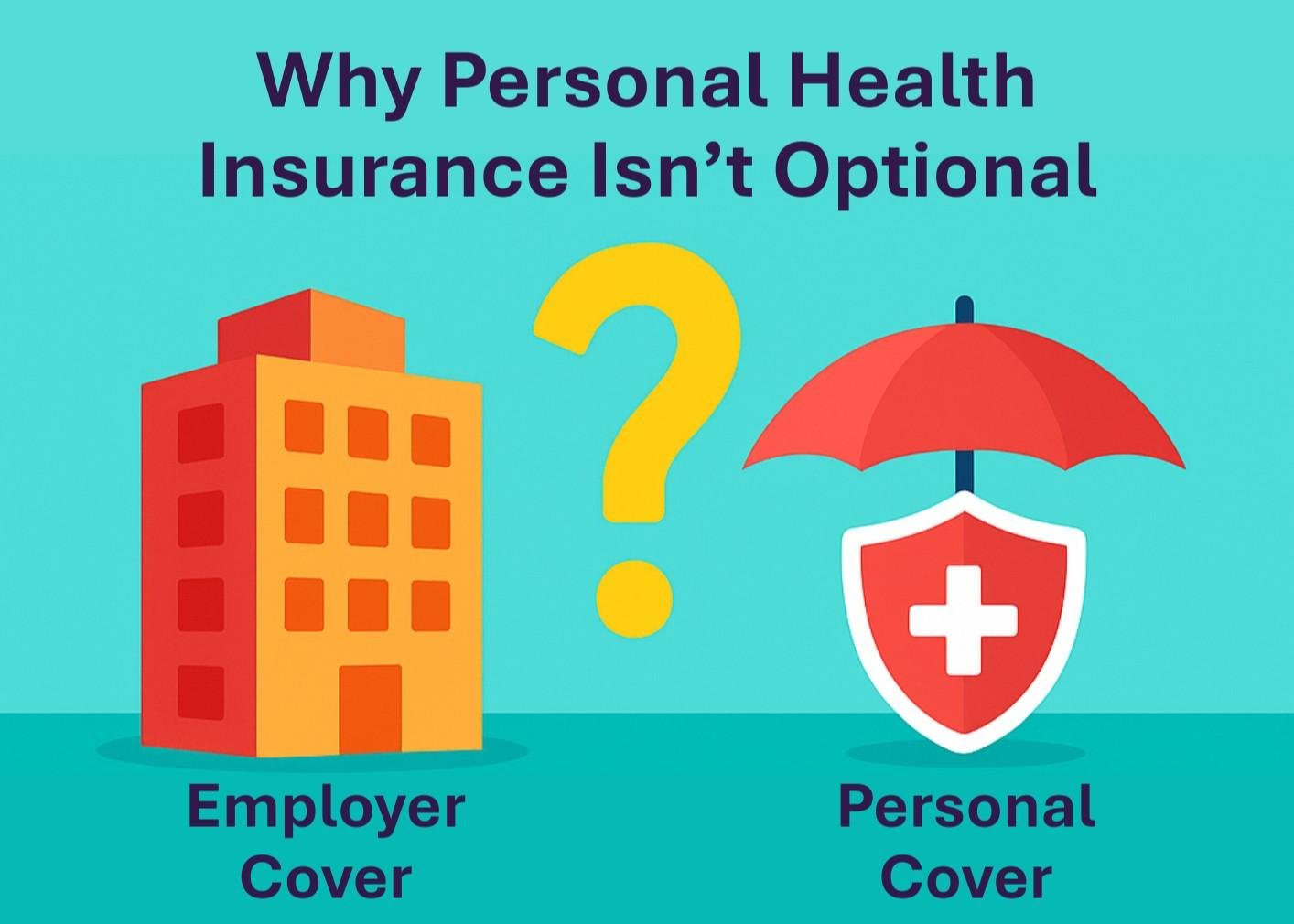

Advisory
One-stop shop for Taxation and Estate Planning Needs
Contact us for expert tax and estate planning services
“Your true partner for a brighter future”
Home final
Your Journey Towards Financial Freedom Here
Be confident of every decision you make with us
“Your true partner for a brighter future”
 Our Services
Our Services
Your Expert for Stress-Free Taxation and Estate Planning Services
Taxation Services
- Comprehensive Tax Planning to optimize tax outgo
- Income Tax Return Filing for all categories of assessees, viz. individuals, firms, trusts, and companies
- Advance Tax Guidance including estimation and strategic planning
- Full TDS/TCS Compliance Services, including obtaining TAN, filing quarterly e-TDS/TCS returns, and issuing certificates
- Full GST Services, including GST registration, return filing, compliance, and advisory to ensure smooth GST management
- Expert advice on Complex Income Tax and GST matters
- Representation in Proceedings before adjudicating officials, including assessments, reassessments, rectifications, refunds, and appellate proceedings
Estate Planning Services
- Will Preparation
- Living Will
- Letter of Custody
- Letter of Guardianship
- Letter of Administration
- Formation Of Private Trusts for Family Members







